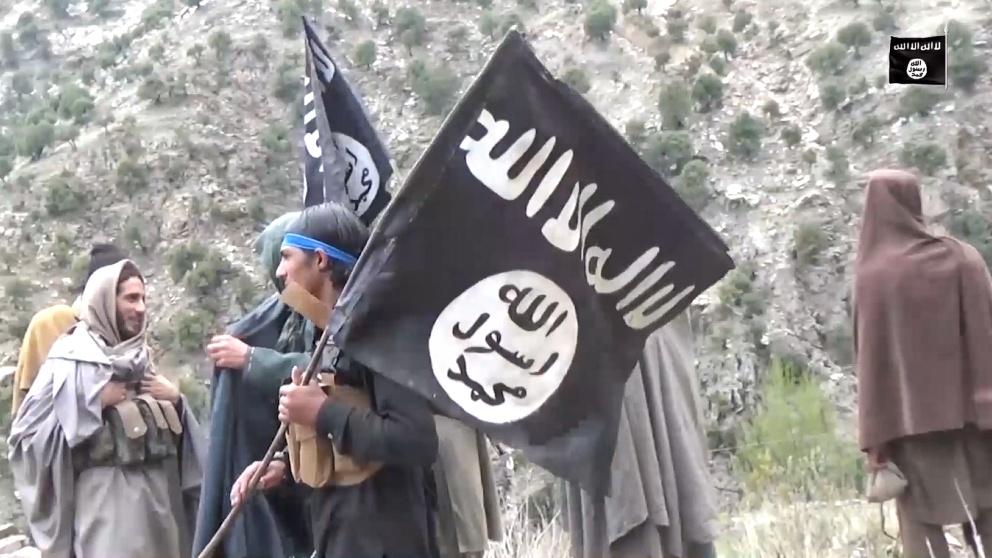
ISIS-K remains a major threat to Afghanistan, regional stability, US watchdog warns
The Daesh affiliate in Afghanistan, known as ISIS-Khorasan or ISIS-K, remains a significant threat to the country and regional stability, according to a new report from the U.S. Special Inspector General for Afghanistan Reconstruction (SIGAR).
The report noted that ISIS-K has claimed responsibility for 60 attacks in 2024, including incidents in Afghanistan, Iran, Russia, Pakistan, and Turkey. That figure represents a roughly 40 percent increase from its attacks in 2023, according to data from the Armed Conflict Location and Event Data Project.
SIGAR also reported that ISIS-K took credit for the assassination of Khalil Rahman Haqqani, the Taliban’s minister for refugees, an attack that spurred reports of internal discord within the Taliban. In October, Taliban Deputy Foreign Minister Shir Mohammad Abbas Stanikzai acknowledged disagreements within the group over political, economic, and cultural issues but characterized them as part of a “healthy discourse.”
Haqqani, who was designated a global terrorist by the United States, was a senior figure in the Haqqani Network and an uncle of Taliban Interior Minister Sirajuddin Haqqani. The network has long been accused of maintaining close ties with Al Qaeda.
A United Nations sanctions monitoring team reported in July 2024 that ISIS-K had strengthened its financial and logistical capabilities and that European states viewed the group as the greatest terrorist threat to Europe. Al Qaeda’s central leadership and its Yemen-based affiliate, Al Qaeda in the Arabian Peninsula, both condemned the attack on Khalil Haqqani, the report stated.
The Taliban’s intelligence directorate reportedly arrested two employees of the Ministry of Refugees and Repatriation following Haqqani’s assassination, but it did not specify their roles or whether they had links to ISIS-K. In response to heightened security concerns, the Taliban have reportedly increased checkpoints throughout Kandahar.
Since taking power in August 2021, the Taliban has insisted that ISIS-K and other terrorist groups do not operate within Afghanistan. However, SIGAR’s report noted that the Taliban continues to allocate half of its revenue to security efforts and regularly posts military recruitment updates.
Michael Kugelman, director of the Wilson Center’s South Asia Institute, was quoted in the report as saying that “the killing of a top Haqqani leader inside one of its own ministries undercuts that core narrative” that the Taliban can maintain security in Afghanistan.
The report also stated that the Taliban has taken “aggressive action” against ISIS-K in recent months, conducting 14 operations targeting the group. ISIS-K, meanwhile, has continued its campaign of violence against religious minorities, claiming responsibility for eight attacks in Afghanistan and Pakistan this quarter, according to SIGAR.
Outside of Afghanistan and Pakistan, ISIS-K did not successfully carry out any attacks this quarter, the report said. However, on Dec. 27, Russian authorities announced that they had thwarted an ISIS-K attack on the country’s Interior Ministry in Moscow, killing the assailants. Russian state-run media reported that the attackers were from Central Asia.
Source » amu.tv





